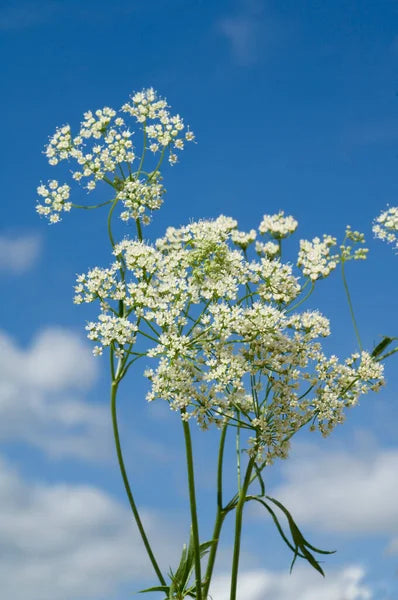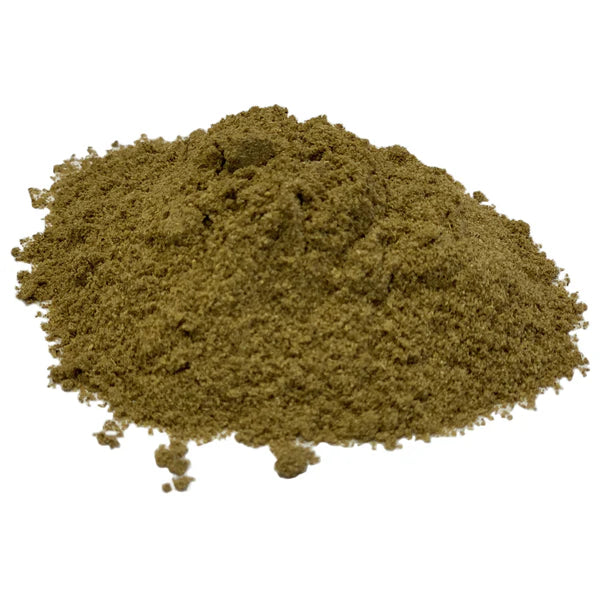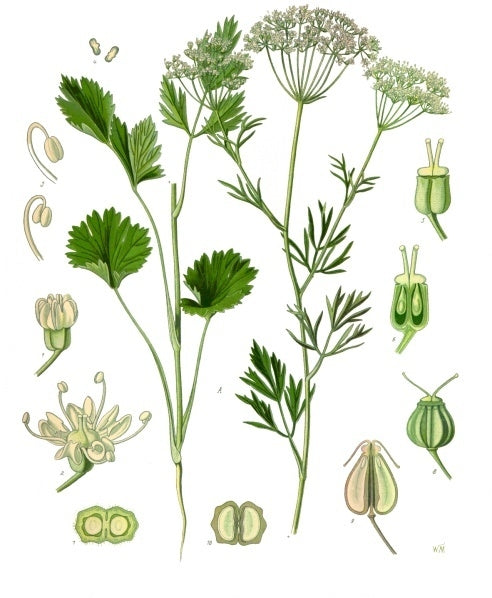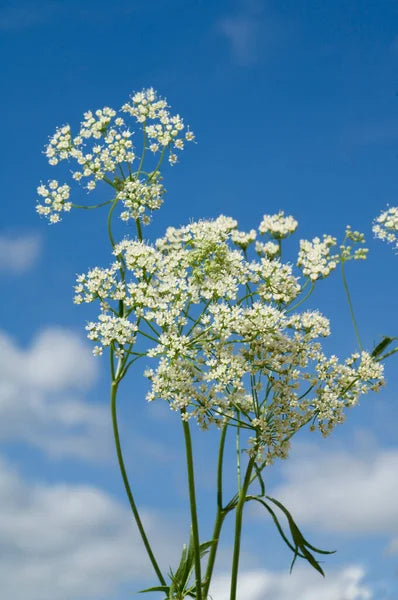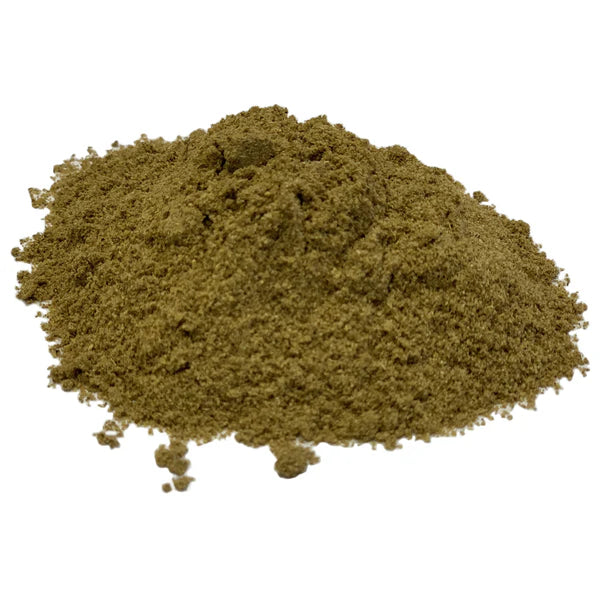Anise Seed
Anise Seed
Couldn't load pickup availability
Anise Seed Powder
Pimpinella anisum
Has been historically used to help relieve congestion. Many herbalists note that the herb is also soporific, antispasmodic & used as an antiseptic.
Anise has a sweet fragrance, has been used in fruit & its essential oil is due to to trans-anethole. Anise is in the family of carrots, caraway, cumin, dill, fennel & cilantro-- all of which used to flavor licorice candy
a bit of botanical information for anise
description
A member of the Apiaceae (Umbelliferae) family, Anise is a herbaceous annual plant growing to 3 feet or more. The leaves at the base of the plant are simple, ⅜-2 inches long and shallowly lobed, while leaves higher on the stems are feathery pinnate, divided into numerous leaves. The flowers are white, approximately ⅛ inches in diameter, produced in dense umbels. The fruit is an oblong dry schizocarp, ⅛-¼ inches long, usually called "aniseed".
common names
& nomenclature
The early Arabic name was "Anysum" from which was derived the Greek "Anison" or "Anneson" and the Latin "anisum." Called anise in virtually all European languages, the form anis is also valid in a large number of languages. The Medieval name "Pimpinella" is derived from the Latin name "dipinella," meaning twice-pinnate or bi-pinnate in allusion to the form of the leaves.
Also known as: aniseed, sweet cumin, chinese anise, and anisi fructose
anise seed powder
In some parts of the world, most notably in the Middle East, a traditional anise tea called yansoon is enjoyed by nursing mothers and colicky infants. Anise infusions are also used to flavor mu'assel, a syrup (shisha) of tobacco, molasses and glycerin that is smoked with a hookah.
In addition to providing flavor as a spice, anise appears to act as a natural preservative in baked goods when heated. This effect is due to the presence of an aromatic organic compound called anethole, the same substance that lends a licorice-like taste to fennel and star anise but in less concentration. Anethole is also responsible for the sweetness of anise. In fact, anethole, as an isolated compound, is at least a dozen times sweeter than table sugar.
The high concentration of anethole in anise seed makes the herb effective against mosquito larvae and repel adult mosquitos, although this effect is more pronounced in the distilled essential oil.
Share
